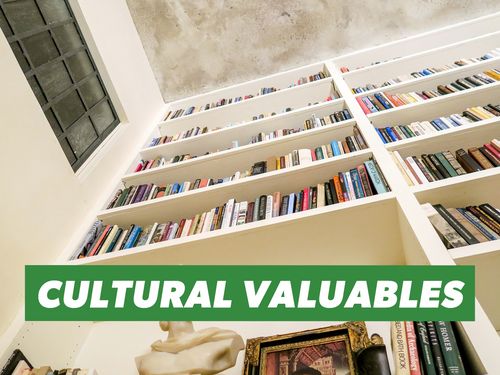How do you judge the worth of books (and other cultural products)?
Oct 25, 2022 · 4 mins read
0
Share

Survival = worth
In extraordinary times in society and markets, it’s easy to think that only the latest information matters.
Save
Share
Yet it’s exactly in such times that it’s both a comfort and a guide to focus on things that don’t change, or change little. The best way to judge the worth of something is to see how long it has been around. Time, not experts or critics or peers, is invariably the best judge of everything.
Save
Share
Of course, that is not true with perishable things like milk or human beings, but with non-perishable products like ideas or books or plays, the principle applies. Every year something has been around, you can expect its lifespan to be extended an additional year.
Save
Share
If people are still reading Aristotle’s Ethics or Virgil’s Aeneid today, despite their being a couple of thousand years old, we can expect that human beings will still be reading them in the year 2220. If Pride and Prejudice is as loved today as when it was published, it will probably be loved a century hence.
Save
Share
The physicist Richard Gott did a survey of what shows were playing on a single day on Broadway in 1993. He predicted that the ones that had been around the longest, would last the longest. He was right to 96 percent accuracy.
Save
Share
As a child, Gott had visited the Great Pyramid, which is 5700 years old. His family had also visited the Berlin Wall. Gott made the correct guess that the former would be around longer than the latter. The idea that mortality rate decreases with time is also known as the Lindy Effect.
Save
Share
There are mental biases at work here. Humans are primed to notice small changes in their environment, yet at the same time give less weight and value to big things that change little.
Save
Share
As risk and probability expert Nassim Taleb puts it in Antifragile: “We rely more on water than cell phones but because water does not change and cell phones do, we are prone to thinking that cell phones play a larger role than they do.”
Save
Share
During a stint teaching, one of Taleb’s students (who was doing an economics major) asked him for a rule on what to read. Taleb replied, “As little as feasible from the last twenty years, except history books that are not about the last fifty years.”
Save
Share
After some hesitation about what he might be missing out on, Taleb’s student took the advice, and began reading works by Adam Smith, Karl Marx, and Friedrich Hayek.
Save
Share
0